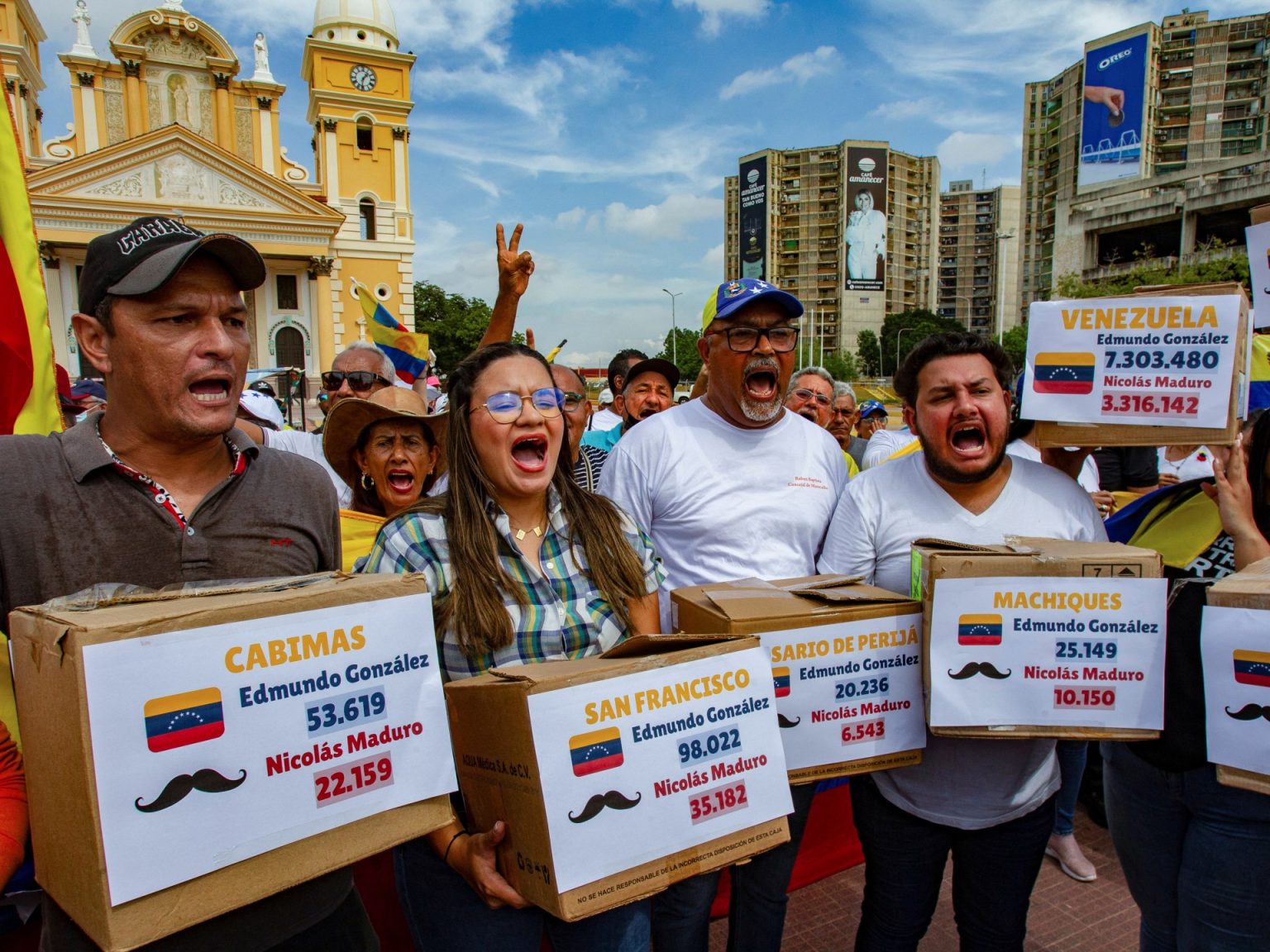In response to President Nicolas Maduro’s controversial election win in July, the United States has imposed new sanctions on Venezuelan judicial and election officials. These penalties target the leaders of the National Electoral Council and the Supreme Tribunal of Justice, as well as other Maduro allies who supported his claim to victory. The US, along with several countries in the West and Latin America, have rejected the election results, citing lack of transparency and allegations of voter fraud. The US claims there is “overwhelming evidence” that opposition candidate Edmundo Gonzalez won the presidential race.
The sanctions imposed by the US Treasury Department freeze the assets of the sanctioned individuals in the US and prohibit Americans from engaging in financial transactions with them. These officials were already facing US penalties, but the new measures are described as “decisive” by the Treasury. A senior US administration official noted that these sanctions should prompt officials aligned with Maduro to reflect on their actions. The Venezuelan government and a large portion of the country’s economy have been under heavy US sanctions for years due to human rights concerns and alleged democratic backsliding.
In 2020, the US offered a $15 million reward for information leading to the arrest of President Maduro after indicting him on “narco-terrorism” charges. The July election provided an opportunity for the Venezuelan opposition to challenge Maduro’s hold on power. While early polling showed Gonzalez in the lead by a significant margin, Maduro was declared the winner by the National Electoral Council, which is viewed as closely aligned with him. The opposition disputed the results and called for the release of voting records, claiming Gonzalez comfortably won based on their data.
After the election, demonstrations erupted against Maduro, but opposition activists struggled to sustain a large protest movement amid a security crackdown. Human rights groups have reported numerous arrests and deaths related to the unrest. Following an arrest warrant, Gonzalez fled to Spain, where he was granted asylum. He met with the country’s Prime Minister Pedro Sanchez, who urged the Venezuelan government to provide a full account of the election results. Maduro, a former bus driver who succeeded Hugo Chavez in 2013, has faced economic and political crises during his tenure.
In 2019, the US and its allies in the Western Hemisphere recognized opposition leader Juan Guaido as the legitimate president of Venezuela. This led to the expansion of sanctions against Caracas and further economic difficulties for the country. The US State Department recently imposed new visa restrictions on 16 Maduro allies, citing attempts to cling to power through repression and intimidation of the opposition. Secretary of State Antony Blinken condemned Maduro’s actions and expressed support for the Venezuelan people’s democratic will. In a controversial move, the US administration seized Maduro’s personal plane from the Dominican Republic, which was criticized by Caracas as an act of “piracy.”













